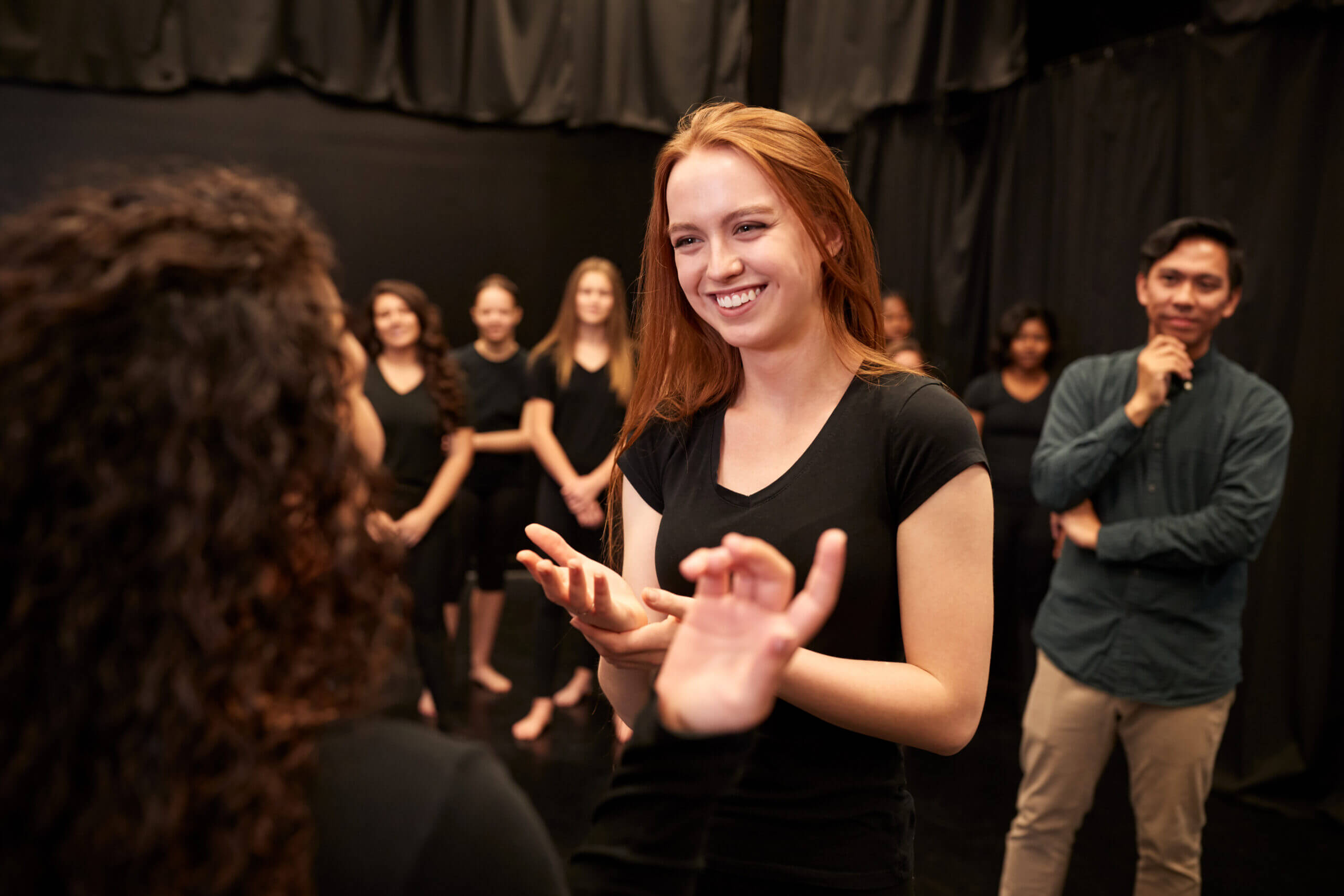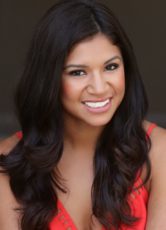
Internationally renowned acting and voice coach Mel Churcher has coached Daniel Craig, Angelina Jolie, Kiera Knightly, Michelle Yeoh, Benedict Cumberbatch, John Turturro, Jon Voight as well as countless students attending drama schools. She also runs workshops and has authored two books, Acting for Film (2003) and a comprehensive training course in screen acting A Screen Acting Workshop (2011) that features practical exercises to hone film acting technique as well as many tips and anecdotes.
Churcher sat down with Actors Anonymous UK to share some insights about her coaching experiences. Here are some of her tips for performers.
Really be specific
In general, Churcher finds actors miss out on opportunities to fully bring their characters to life. “Everybody says from the day you start drama school, ‘Be specific, be specific,’ and yet people don’t seem to be. When I work even with really good working actors … people aren’t specific. I say, ‘Well how long have you been married? Where did you live before that? Well how did you get into this business you’re doing? What were you doing just before this? And where have you come from?’ And people don’t know.” On the other hand, she points out that if people are asked about such details about their own personal lives, they have the answers to all such questions at the tip of their tongue. So she encourages actors to fill out their characters with more dedication. “Now I know it’s not possible to know everything,” Mel admits. But she urges actors to have a better sense of their character’s attitudes, feelings, curiosities, likings, and understandings.
Tune out the audience
When it comes to screen acting, the audience is replaced with a camera. Mel says, “The camera observes us. We have to allow the camera to observe us … So once you realize it’s just you and I talking, and there’s no audience out there, then we’re fine—and that goes much deeper than we realize.” When actors focus on listening and speaking to their scene partner(s), tuning out any observer, “as long as there is stuff going on underneath, as long as there is thought, the camera will see it,” Mel says.
Take ownership of your character
After actors have prepared for a role and are ready to go on set, Churcher advises they no longer refer to their character as “he” or “she.” Rather, she urges performers to refer to the character as “I” and “me.” For example, the actor can think or say, “Where have I just come from?” instead of “Where did my character just come from?” and “What do I want from this person?” “There isn’t anybody else there!” Mel argues. “It’s amazing what difference that makes.”
Learning lines
Churcher acknowledges it’s not easy to memorize lines, but she encourages actors to really dedicate themselves to the task, delving into the words’ meanings and considering what inspired the character to choose the words they do. “I do think that people underestimate the time it takes to let the words sink deeply enough that then you can let them go and let them float as you need them, as you have the thoughts, and as you have the drives,” Mel says. She compares the challenge of memorization to a magic trick, explaining: “We are asking ourselves to be standing in the right spot on our mark on the set or on the stage and have a real need, a real impulse, a real way to deal with the situation. And magically, the only words that will actually serve us at that split second of time happen to be the ones that were scribbled on the page that we read earlier. Now if that’s not a magic trick, I don’t know what is!” Churcher also encourages actors to say their lines in many different ways, but always with energy “so you hold onto them.” For instance, she advises: “You whisper them, you sing them, you dance them. Try them a million different ways.”
What makes a successful actor?
This question garnered an immediate response from Churcher. “Shiny eyes, full of thought, not being sorry for yourself, being brave.” The one thing she sees most consistently in successful actors is life in the eyes. “We all have life in our eyes, and people pick up scripts and get very serious. And suddenly it’s all gone; there isn’t any life in their eyes anymore.” Other qualities she adds to the list are determination, a sense of survival, “Phoenix-like bouncing back, taking life lightly, and having other things in your life—not just acting—that makes life worth living. Not feeling you’re only worthy if you’ve had a job.”
Want to get your acting career started? Sign up or login to Casting Frontier and start auditioning today!
Related articles:
Actor Insights on How Strictly They Learn Lines
Casting Director Kim Coleman on Casting ‘The Good Lord Bird’
Audition Terms and Their Definitions




